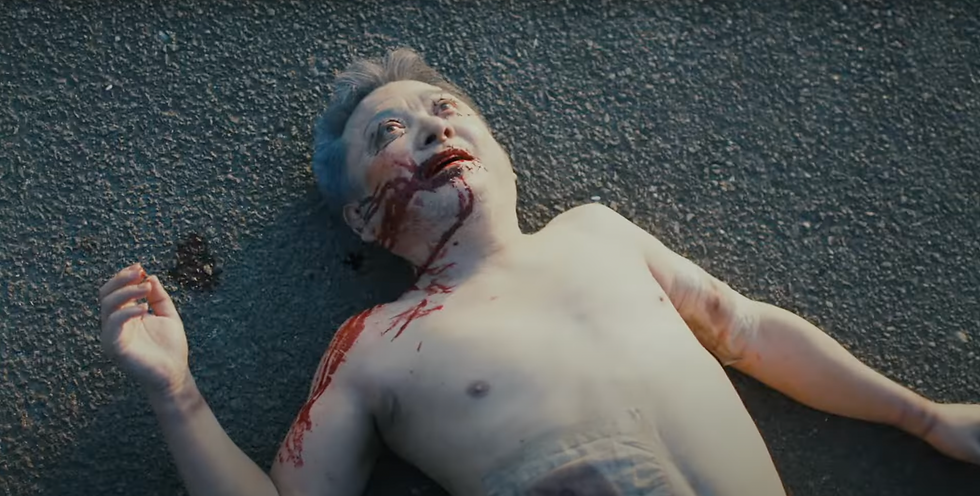- Jul 5, 2025
- 2 min read
Best Wishes to All
A haunting tale of forced smiles, buried pain, and quiet conformity.

If you’ve seen the short film that “Best Wishes to All” is based on, the full-length feature might not shock you—but it will still deeply unsettle you.
It stretches the original’s unnerving premise into something deeper, more disturbing—and, sadly, more real. The short only told half the story; this version explores the rest in quietly horrifying detail.

“Best Wishes to All” marks the debut feature of Japanese director Yûta Shimotsu. After a successful festival run, the film landed on Shudder, giving a wider audience the chance to witness its uniquely disquieting world—and trust me, it’s absolutely worth your time.
This is no conventional J-horror. While it does incorporate horror and supernatural elements, it leans more towards psychological drama.
What makes it so unnerving is not just the grotesque imagery or the “I-don’t-want-to-watch-this” moments, but the way those elements are blended into a surreal, slow-burning descent into human dysfunction.

Shimotsu’s direction is as restrained as it is precise, with a dark, cold palette that lets discomfort simmer beneath still frames and disturbingly forced, hysterical laughter.
At its core, the film explores a family unit where parental figures prioritise tradition and social conformity over the genuine happiness of their children.
The story centers on a family bound by oppressive traditions and a mysterious ritual of enforced cheerfulness, unraveling a quiet domestic horror that mirrors society at large.

It’s not simply neglect—it’s a systemic, almost ritualistic pursuit of ideals passed down without question. Interestingly, the characters remain unnamed—and so does the idea of happiness.
Are we truly happy? What are we willing to sacrifice to maintain the illusion of contentment? Does our smile depend on someone else’s suffering?
And if so, are we genuinely okay with that?
Shimotsu doesn’t offer easy answers. Instead, we’re presented with scenes of quiet, stomach-churning sadism—accepted without protest by those inflicting and enduring it.

The film implies that we, too, are complicit: wearing false smiles to meet societal expectations that prioritise appearance over authenticity, and perpetuating a cycle of unhappiness disguised as normalcy.
By the end, the film poses a disturbing question: is happiness only possible when someone else suffers for it?








Comments